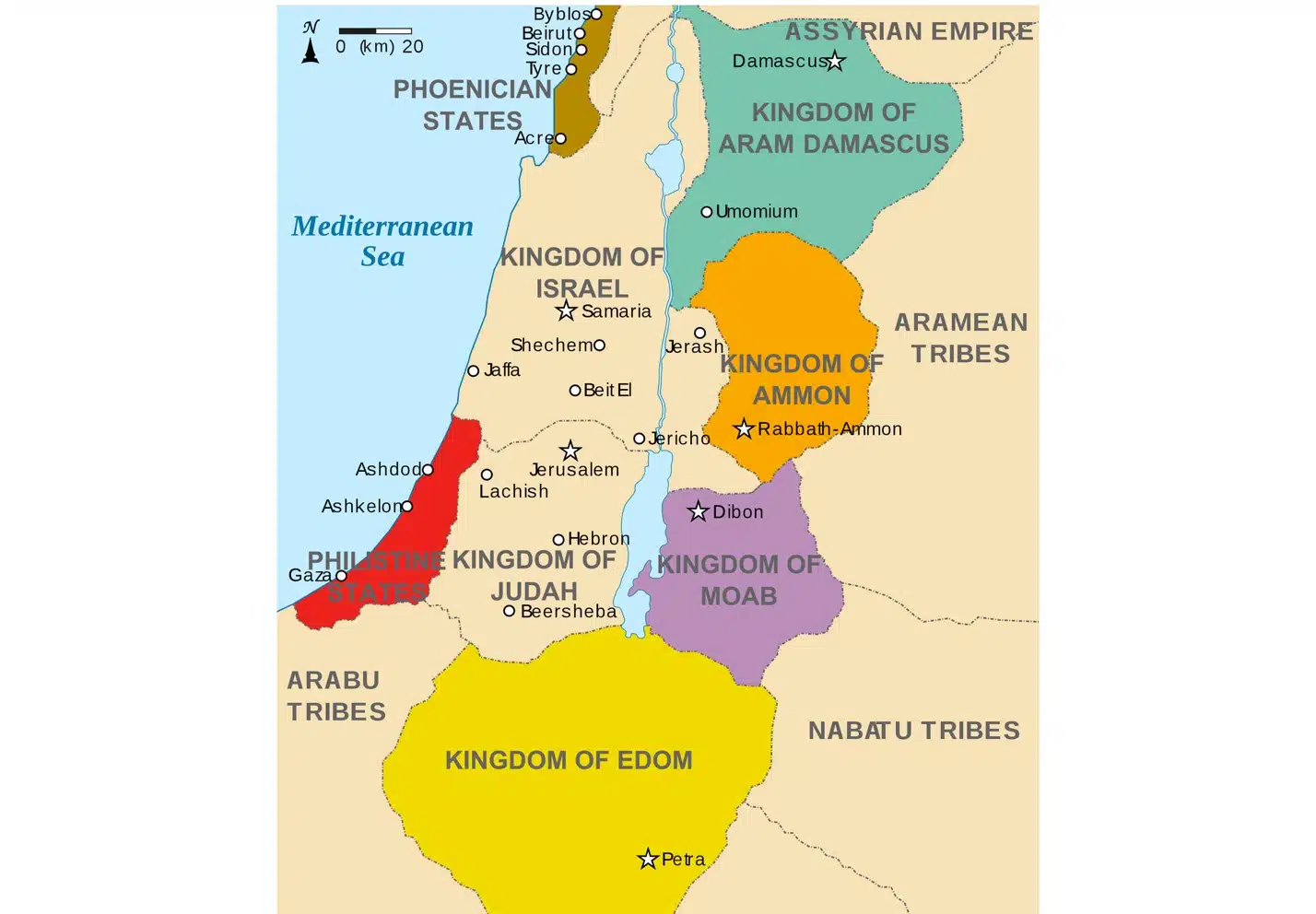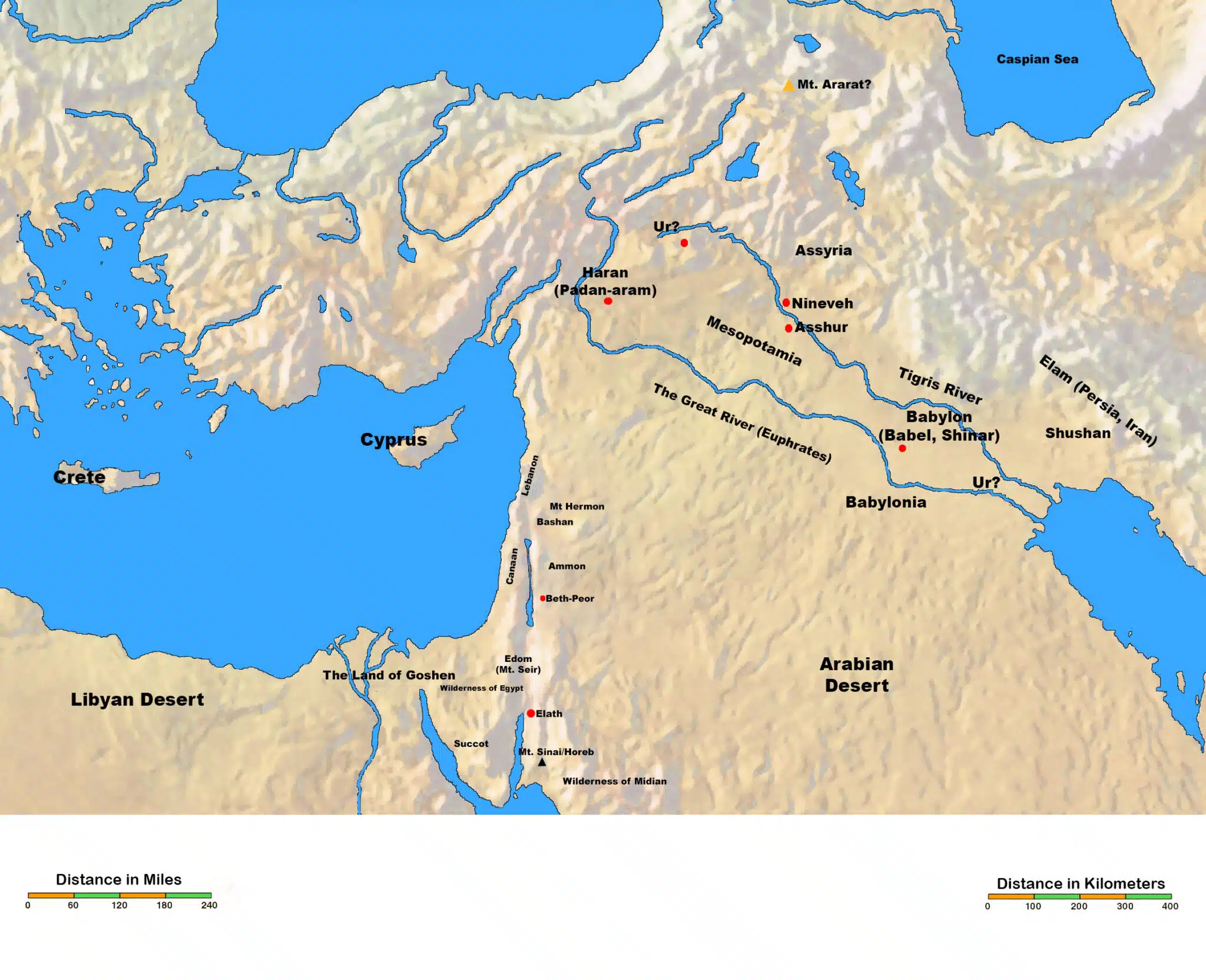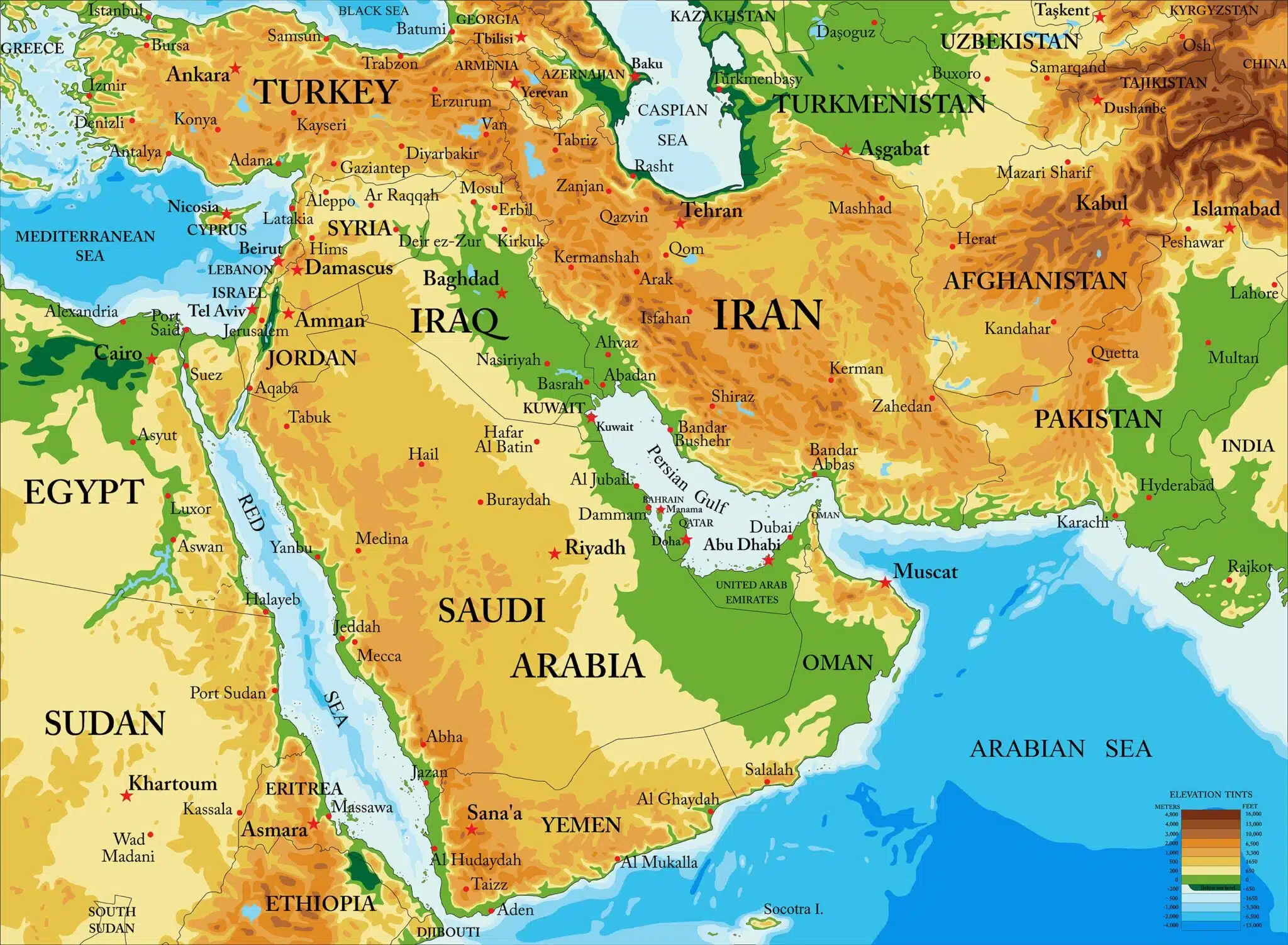When they grow up, Esau becomes a skilled hunter, finding favor with his father Isaac. Jacob stays indoors and is favored by his mother Rebekah. After a day of hunting, Esau returns home very hungry and begs Jacob to share a stew he’s cooked.
The story of the twin brothers makes a jump to their adulthood. When Esau and Jacob grew up, they developed completely different lifestyles and personalities. Esau became a skillful hunter, a man of the field, but Jacob was a peaceful man, living in tents (vs 27). Esau was an outdoorsman, spending his time in the field, hunting for wild game. Jacob stayed in tents, “indoors” so to speak, and was a peaceful man. The implication is that Esau was wild, unrefined, and rugged. He was a “man’s man” who was skilled at hunting. His brother was the opposite; Jacob was peaceful. This contrast describing Jacob as peaceful would indicate that Esau was a skilled warrior as well as an accomplished hunter. Esau was physical, on the move, impulsive, while Jacob was docile, internal, calculating.
There was a fundamental problem in this family: parental favoritism. Isaac loved Esau…but Rebekah loved Jacob (vs 28). This tracks with the personalities of the boys, where the one favored by his father was sporty, and the one favored by his mother was domestic and reserved. The reason why Isaac favored Esau was because he had a taste for game (vs 28). Perhaps there were other reasons, but the only one the author gives is that Isaac simply had a taste for wild game. He was a rancher all his life, so he was possibly tired of eating cattle or goat, and preferred deer and gazelle (Deuteronomy 12:22).
We can imagine that Rebekah would have preferred Jacob because she spent a lot of time with him, and he was helpful to her with domestic duties. We can imagine that Jacob not only loved eating Esau’s quarries, but also admired his physical skill.
Up to this point in Genesis, Isaac is presented as kindhearted and wise. For example, Isaac willingly let his father bind him for a sacrifice (Genesis 22:9), he received his bride with love (Genesis 24:67), and he missed his mother dearly after she had died (Genesis 24:67). Isaac also turned to God when he and Rebekah were having trouble conceiving children (v. 21). He was a righteous man. Yet here we are introduced to a flaw that will become a snare to the nation that came from his body: he is partial to one son. We will see this repeated in the life of Jacob, who was partial to Joseph. Then we will see Israel break into two nations and engage in civil war with one another.
It seems Isaac’s partiality stemmed from a somewhat petty reason: he had an affection for wild animal meat. And one of his sons was a skillful hunter who brought him home food he loved. Isaac’s attention and affection were bought cheaply with his favorite food.
There is no explanation given for why Rebekah loved (favored) Jacob, though it is not difficult to imagine why. Jacob was living in tents, he was peaceful. It seems he was something of a homebody, he probably spent far more time with his mother since he wasn’t abroad hunting with his brother. We will soon see him home cooking while his brother is out hunting.
With these opposite personalities in play, we see one of the worst trade deals of all time take place between Esau and Jacob. It is tragic, but it is also fundamental to the story of Jacob and the origins of the nation of Israel. It will become an object lesson for God’s people who desire to gain rewards from God for faithfulness.
The tragic tale begins with a setting. As was typical, Esau was out hunting, and Jacob was at home working in and around a tent: Jacob had cooked stew, and Esau came in from the field and he was famished (vs 29).
Esau said to Jacob, “Please let me have a swallow of that red stuff there, for I am famished” (vs 30). The red stuff was the stew Jacob had cooked. In v. 34, it is specified that it was a lentil stew. Therefore Esau’s name was called Edom. From this event, he received a nickname, Edom. The Hebrew word for “red” is “adom.”
When Esau begged for that red stuff, he literally said, “Please let me have a swallow of that red red (“adom adom”). With such a taste for red stuff, he was given the name “Red” or Edom. It seems ironic that the man who is covered with red hair got the nickname “Red” from the stew he loved rather than from his coloring. The nation that he fathers will be the Edomites. The red people. Spending his days in the wilderness hunting, perhaps he was sunburnt most of the time. So to see Esau even from a distance might have been to see a glaringly red man. He was red and he sold his birthright for red.
The birthright was the right to reign over the family. In selling his birthright, Esau was expressing a disinterest in his future inheritance. He was saying “I don’t care about later, I just want to satisfy my appetite today.” Esau’s basic attitude of selling out a future and great reward of inheritance in favor of a meal that will satisfy for only a few hours is used as an example of an attitude believers need to be careful to avoid:
“See to it that no one comes short of the grace of God; that no root of bitterness springing up causes trouble, and by it many be defiled; that there be no immoral or godless person like Esau, who sold his own birthright for a single meal. For you know that even afterwards, when he desired to inherit the blessing, he was rejected, for he found no place for repentance, though he sought for it with tears.”
(Hebrews 12:15-17)
In this passage from Hebrews, Esau is called “immoral” and “godless” for neglecting to value his inheritance while it was far off. Hebrews 10 exhorts believers to assemble together with one another for the purpose of “encouraging one another” to focus on doing “love and good deeds”; this is the way New Testament believers receive the reward of the inheritance (2 Corinthians 5:10; Colossians 3:23). It can be difficult to invest in others today, when the judgment seems so far away. It is easy to be like Esau and focus on satisfying our own appetites in the immediate moment. This is why Hebrews says we need to stir one another up “all the more as you see the [judgment] day drawing near” (Hebrews 10:25).
The greatest reward for faithfulness seems to be to share Christ’s reign with Him (Revelation 3:21; Philippians 2:5-10; 2 Timothy 2:12). The way we possess the reward of our inheritance is through living as faithful witnesses who endure difficulty but continue to walk in obedience to Christ (Colossians 3:23; Revelation 1:3; 3:21). All believers are children of God, and unconditionally have God as their inheritance simply by believing upon Jesus (Romans 8:17a; John 3:14-15). But some believers will gain the reward of being “fellow heirs with Christ” in reigning over the new earth. Gaining this reward comes with a condition; believers in Jesus are:
“fellow heirs with Christ, if indeed we suffer with Him so that we may also be glorified with Him.”
(Romans 8:17b)
To be “fellow heirs with Christ” is to share His birthright with Him, as the firstborn over all creation (Colossians 1:15). The image of Esau tells us that if we prioritize the comforts of this world over walking in faithfulness to Christ, following Him in His sufferings of being rejected by the world for living and speaking the truth, then we are selling our birthright for a temporary pleasure as petty as a pot of stew.
Biblical Text
27 When the boys grew up, Esau became a skillful hunter, a man of the field, but Jacob was a peaceful man, living in tents. 28 Now Isaac loved Esau, because he had a taste for game, but Rebekah loved Jacob. 29 When Jacob had cooked stew, Esau came in from the field and he was famished; 30 and Esau said to Jacob, “Please let me have a swallow of that red stuff there, for I am famished.” Therefore his name was called Edom.
Check out our other commentaries:
-
2 Thessalonians 3:16-18 meaning
Paul blesses his readers with words of goodwill from God, that the Thessalonians would experience His peace and favor always....... -
Numbers 10:1-10 meaning
The final preparation for leaving Sinai was to institute the blowing of two silver trumpets. They were to be used to gather the people together...... -
Deuteronomy 22:9-12 meaning
Moses prohibited the mixture of seed, plow animals, and clothes....... -
Acts 3:17-21 meaning
Peter says that Jesus fulfilled the prophecies of the Old Testament, that He was destined to suffer. He calls on his Jewish audience to repent...... -
Galatians 3:6-9 meaning
Abraham gained right standing with God through his faith, not by the law (which didn’t exist at the time God made His promise to Abraham).......





